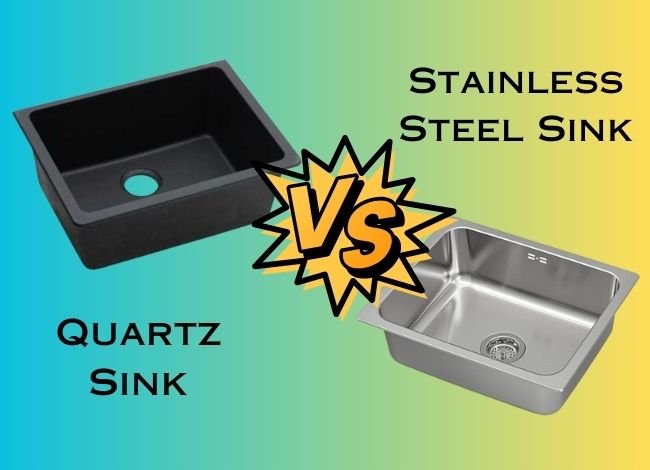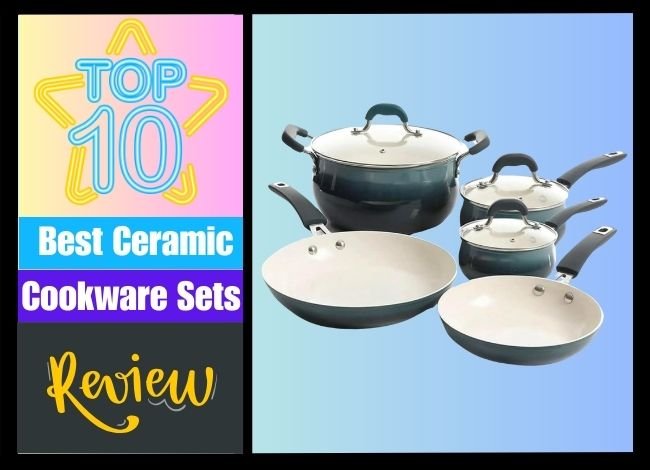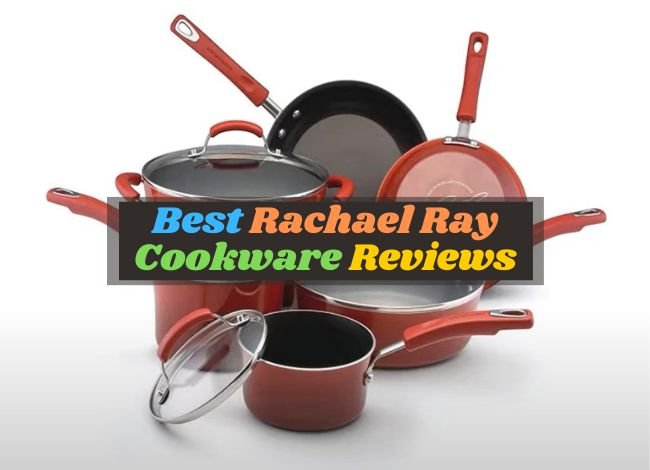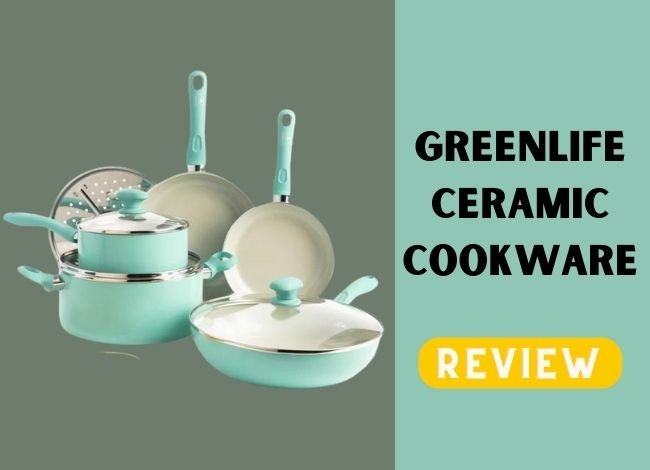Last Updated on January 22, 2024
In the world of kitchen design and functionality, the choice of sink material plays a crucial role. Two popular choices stand out among the various options available: stainless steel and quartz sinks. Each has its own set of advantages and characteristics that make them desirable for homeowners and designers alike. In this post, we will delve into the features and benefits of stainless steel and quartz sinks, helping you make an informed decision when it comes to choosing the perfect sink for your kitchen.
Quartz Kitchen Sinks
Quartz kitchen sinks, known for their durability and aesthetic appeal, are a popular choice in modern homes. These sinks are made from a blend of quartz, one of the hardest minerals, and acrylic resins, giving them robust and non-porous characteristics. The non-porous nature means they are highly resistant to stains and scratches, maintaining their luster over time. Quartz sinks come in various colors and styles, offering a sleek and contemporary look that complements any kitchen design. They are also heat-resistant, able to withstand high temperatures without damage.
These sinks are known for their low maintenance requirements. Unlike some other materials, quartz doesn’t need regular sealing or special cleaners. It’s also hygienic, as its non-porous surface inhibits the growth of bacteria and mold. However, they can be more expensive than some other options, like stainless steel or porcelain. Overall, quartz kitchen sinks provide a combination of aesthetic appeal, durability, and practicality, making them a worthy investment for those looking to upgrade their kitchen.
Pros and Cons of a Quartz Sink
Pros:
- Durability: Quartz sinks are incredibly durable, as quartz is one of the hardest minerals. This makes them resistant to chips, scratches, and cracks.
- Aesthetic Appeal: They offer a wide range of colors and designs, fitting seamlessly into various modern and traditional kitchen styles.
- Non-Porous Surface: This quality makes quartz sinks highly resistant to stains and ensures that they don’t harbor bacteria or viruses, contributing to a hygienic kitchen environment.
- Low Maintenance: Unlike natural stone, quartz doesn’t require sealing. It’s easy to clean, usually needing only soapy water and a cloth.
- Heat Resistance: Quartz sinks can withstand high temperatures, making them safe for handling hot pots and pans.
Cons:
- Cost: Quartz sinks tend to be more expensive than other types, such as stainless steel or ceramic.
- Limited Heat Resistance: While resistant to heat, excessive heat can still damage the sink, such as discoloration or cracking.
- Weight: They are heavier than other sink materials, which may require additional support during installation.
- Hardness: The hardness of quartz can be a drawback as it might lead to chipped dishes or glassware if not handled carefully.
- Susceptibility to Chemicals: Harsh chemicals can damage the resin in the quartz, leading to discoloration or loss of sheen.
Stainless steel sinks
Stainless steel sinks have become a staple in modern kitchens and bathrooms, offering a sleek, durable, and versatile solution for daily needs. Crafted from high-grade stainless steel, these sinks are known for their exceptional durability and resistance to rust, stains, and corrosion, making them a practical choice for heavy use. The material’s inherent properties allow for a variety of design options, ranging from single and double bowls to undermount and topmount installations, fitting seamlessly into any kitchen or bathroom design. The reflective surface of stainless steel not only adds a contemporary aesthetic but also contributes to its ease of maintenance. A simple wipe with a damp cloth can keep the sink looking new, and its non-porous nature prevents the harboring of bacteria and odors, ensuring a hygienic environment. Moreover, stainless steel sinks are eco-friendly, as they are recyclable and often made from a significant percentage of recycled materials. Their sound-dampening features, often enhanced by coatings or pads, reduce noise from dishwashing and disposal units. This blend of functionality, durability, and style makes stainless steel sinks a preferred choice for both residential and commercial settings, accommodating the demands of daily life with sophistication and reliability.
Pros of Stainless Steel Sinks
- Durability and Strength: Stainless steel is known for its toughness and resistance to damage. It can withstand high temperatures and impacts without cracking or chipping.
- Corrosion Resistance: Unlike other materials, stainless steel is less prone to rust and corrosion, making it ideal for the wet environment of a kitchen.
- Ease of Maintenance: These sinks are relatively easy to clean and maintain. They resist staining and can be wiped down with standard cleaning products.
- Versatility in Design: Stainless steel sinks come in various shapes and sizes, fitting different modern and traditional kitchen styles.
- Cost-Effective: Compared to other materials like granite or composite, stainless steel is often more affordable while still offering good quality.
- Hygienic Surface: The non-porous surface of stainless steel doesn’t harbor bacteria, making it a hygienic choice for food preparation.
Cons of Stainless Steel Sinks
- Scratching and Dents: Although durable, the surface can get scratched and may show dents over time, especially in thinner gauges.
- Noise: Stainless steel sinks can be noisier than other materials. Water hitting the surface or dishes being placed in the sink can produce a louder sound.
- Water Spots and Smudges: They tend to show water spots and fingerprints, requiring frequent wiping to maintain a spotless look.
- Limited Insulation: These sinks don’t offer much insulation, meaning water temperature can affect the sink temperature, and they might not dampen the sound of garbage disposals as effectively.
- Aesthetic Appeal: While sleek, stainless steel may not offer the same warmth or unique character as other materials like ceramic or stone.
- Chemical Sensitivity: Certain cleaning chemicals can damage the finish of stainless steel, requiring careful selection of cleaning products.
Difference Between Stainless Steel and Quartz Sink
The difference between stainless steel and quartz sinks lies in their material composition, durability, appearance and maintenance:
Material Composition:
-
- Stainless Steel: Made from an alloy of steel and chromium, and often includes nickel. This combination gives it strength and resistance to rust and corrosion.
- Quartz: Made from a blend of crushed quartz and resin. This composition results in a hard and durable surface with a stone-like appearance.
Durability and Resistance:
-
- Stainless Steel: Highly durable and resistant to heat and stains. However, it can scratch more easily than quartz and may show water spots.
- Quartz: Extremely durable, scratch-resistant, and less prone to denting or deformation. It’s also resistant to heat and most stains, but harsh chemicals can damage it.
Appearance:
-
- Stainless Steel: Has a sleek, shiny, and modern look. It’s available in various finishes, including matte and brushed, but typically has a silver color.
- Quartz: Offers a wide range of colors and patterns, resembling natural stone. It has a more uniform appearance than natural stone sinks.
Maintenance:
-
- Stainless Steel: Easy to clean but can show fingerprints and water spots. Regular cleaning is required to maintain its shine.
- Quartz: Low maintenance and doesn’t show water spots or fingerprints easily. It’s non-porous, which makes it hygienic and easy to clean.
Who is the Winner?
Now, the big question: which sink material comes out on top? Well, it’s not a matter of one being definitively better than the other, but rather a matter of priorities and personal preferences. Stainless steel sinks are renowned for their durability, resistance to stains, and timeless aesthetic. They are also relatively budget-friendly. On the other hand, quartz sinks offer a luxurious and elegant look, exceptional durability, and resistance to scratches and chips. They also come in a wide range of colors and styles to complement your kitchen design. So, the winner depends on what matters most to you. If you prioritize durability and a classic look, stainless steel might be your choice. If you want a sink that exudes luxury and is highly resistant to wear and tear, quartz could be the winner in your kitchen.
Conclusion
In the end, the choice between a stainless steel and quartz sink ultimately boils down to your individual needs and style preferences. Both materials have their merits and can be excellent additions to your kitchen. Consider factors like budget, aesthetics, and durability when making your decision. Whichever you choose, ensure it complements the overall design of your kitchen and meets the demands of your daily cooking and cleaning routine. Your sink is a fundamental part of your kitchen, so make your choice wisely, and enjoy the functionality and beauty it brings to your culinary space.
Frequently Asked Questions
Q1: Do quartz sinks require more maintenance compared to stainless steel sinks?
A1: Yes, quartz sinks require more maintenance than stainless steel sinks. Quartz can be prone to staining and may need regular cleaning and sealing to maintain its appearance.
Q2: Are quartz sinks available in a wider variety of colors and styles compared to stainless steel sinks?
A2: Yes, quartz sinks come in a wide range of colors and styles, allowing for more customization in kitchen design. Stainless steel sinks typically have a more limited range of finishes.
Q3: Which sink material is better at resisting scratches and dents?
A3: Stainless steel sinks are better at resisting scratches and dents compared to quartz sinks. However, they can still show some wear over time.
Q4: Are quartz sinks more expensive than stainless steel sinks?
A4: Yes, quartz sinks are generally more expensive than stainless steel sinks due to the cost of the material and the manufacturing process.
Q5: Can you use abrasive cleaners on both quartz and stainless steel sinks?
A5: Using abrasive cleaners on quartz sinks is not recommended as they can damage the surface. Stainless steel sinks are more tolerant of abrasive cleaners but can still develop scratches over time.
Q6: Which sink material better retains heat for hot water or dishes?
A6: Stainless steel sinks tend to conduct heat better than quartz sinks, so they can retain heat from hot water or dishes for a longer period.
Q7: Can you install a garbage disposal in both quartz and stainless steel sinks?
A7: Yes, you can install a garbage disposal in both quartz and stainless steel sinks. However, the installation process may vary slightly based on the sink material.
Q8: Which sink material is less likely to develop water spots and stains?
A8: Stainless steel sinks are less likely to develop water spots and stains compared to quartz sinks. Quartz may require more frequent cleaning to prevent these issues.
Q9: Can you install an undermount faucet with both quartz and stainless steel sinks?
A9: Yes, you can install an undermount faucet with both quartz and stainless steel sinks, but the installation process may differ slightly depending on the sink material.
Q10: Which sink material is more eco-friendly, quartz, or stainless steel?
A10: Stainless steel sinks are generally considered more eco-friendly as they are recyclable and have a lower environmental impact compared to quartz, which requires mining and manufacturing processes.




